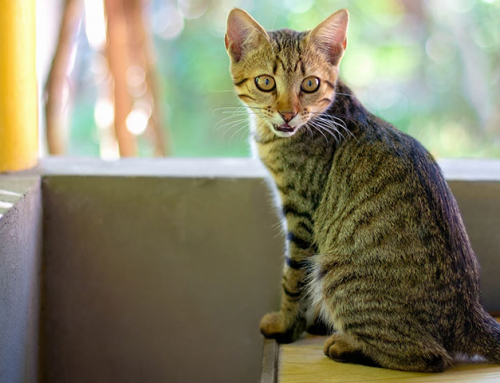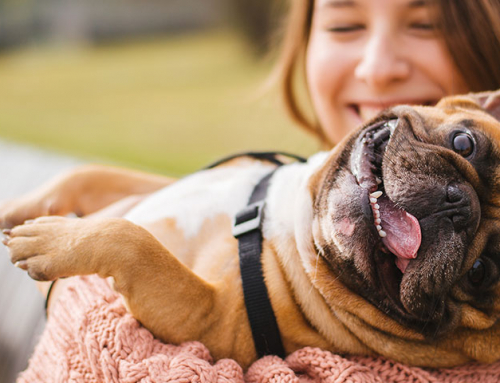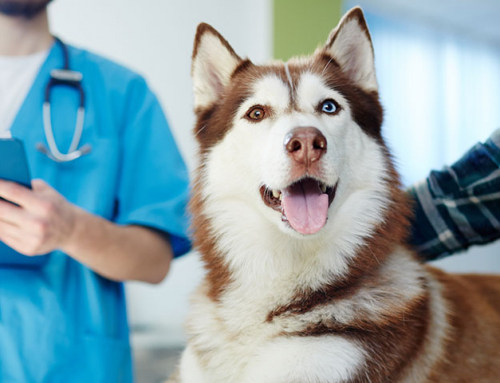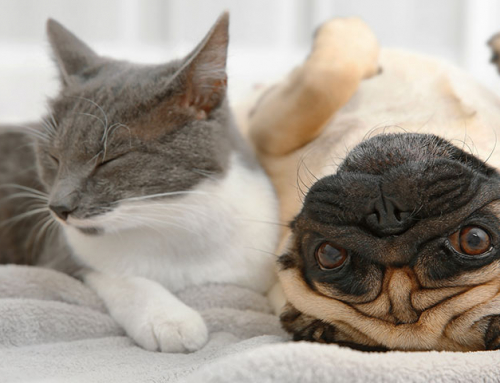Didn’t we discuss this topic last year? Yes, we talked about pancreatitis last year (Pancreatitis in Dogs and Cats), but it is so important for clients to understand why it matters for diabetics that we discuss it again. Instead of just talking about how to treat it and why it matters, I thought I’d concentrate on what you can do to avoid pancreatitis as it is a leading cause of diabetes in pets. Furthermore, diabetics have altered fat metabolism which predisposes them to pancreatitis.
Many times we do not know what causes an episode of pancreatitis, but chronic smouldering pancreatitis can destroy the pancreas and result in diabetes. The pancreas has digestive function (producing enzymes that enter the small intestine) and hormonal function (producing insulin). Pancreatitis means an inflamed pancreas. Inflammation of the pancreas can wreak havoc on insulin production and cause autodigestion of tissues and organs in the abdomen that are exposed to these enzymes.
What causes pancreatitis in dogs versus cats?
Dogs tend to suffer from acute pancreatitis, particularly after a dietary indiscretion of a high fat meal or getting into the trash and finding a snack. Cats tend to have chronic pancreatitis, often with other gastrointestinal disease where gut inflammation could cause obstruction of the pancreatic duct. There are even some medications that have been linked to inflammation of the pancreas. Furthermore, pets predisposed to high lipid levels in their blood (such as schnauzers) are predisposed to pancreatitis. Abdominal trauma, tumors, and shock could also incite pancreatic inflammation. Little dogs have a higher incidence of pancreatitis than large breed dogs. Obesity is a risk factor for both dogs and cats.
Probably the most common cause of pancreatitis for a dog would be the pet getting into the trash or eating a very fatty meal, but this isn’t the typical case for cats. Most domesticated cats are far too civilized to get into the trash. Rather, when a cat is diagnosed with pancreatitis, we look for other concurrent intestinal disease such as inflammatory bowel disease. It’s tricky business diagnosing pancreatitis, especially with cats.
What can you do to decrease the risk of pancreatitis?
For dogs, dietary fat intake has a greater role than for cats that often have underlying GI disease prior to getting pancreatitis. A cat’s underlying intestinal disease might prompt a subsequent diet change, but low fat diets aren’t as critical for felines unless they are also obese.
Know what you are feeding your pets. Read the label. Ask your veterinarian if the food you are feeding is appropriate for your pet. Since there are so many pet food brands out there, snip the label of ingredients off the bag and take it to your vet on your next appointment. I typically ask a client what they feed their pets whether it is a wellness exam or a sick patient exam. I can’t tell you how often owners don’t know what they are feeding their pet. I hear, “My wife buys it and puts it in the bin” or something similar.
If you are eating a piece of chicken and take the skin off because you don’t need those extra calories from fatty skin, don’t then turn around and give it to your pet. If your dog is a sneaky rascal who gets into the trash as soon as you’ve turned your back, outsmart your pooch. Just as I apparently can’t be trusted when there is ice cream in the house, some pets can’t be trusted when there are potato chips on the coffee table or steak trimmings in the trash. Always remember rule number one: Be smarter than your dog. Finally, keep your pet at a proper body weight. Obesity is a risk factor to pancreatitis in both dogs and cats.
NOTE: Consult your veterinarian to confirm that my recommendations are applicable for the health needs of your pet.






Leave A Comment